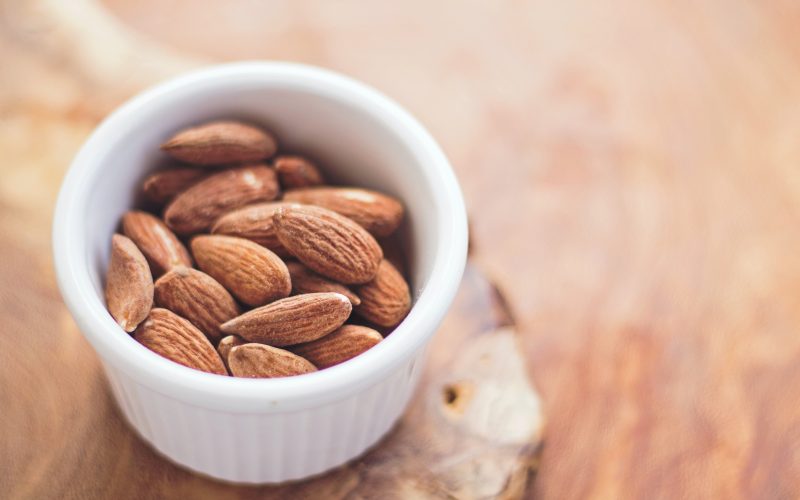In today’s digital age, social media has become an integral part of our daily lives. It helps us stay connected with friends and family, share our thoughts and experiences, and discover new things. While the benefits of social media are undeniable, there is a darker side to this virtual world that often goes unnoticed – it can be harmful to our mental health. From incessant scrolling to the pressure of getting likes and followers, social media can trigger anxiety and depression in many people. In this blog post, we will explore the negative effects of social media on mental health and learn how we can protect ourselves from its adverse impact. So buckle up as we take a deep dive into the dark side of social media!
What is social media?
Social media has become a staple in many people’s lives. It is a way to stay connected with friends and family, to share photos and memories, and to engage in conversation. But for some people, social media can have negative effects on mental health.
Social media can be addictive. Users can become dependent on the social media platforms themselves, rather than the content they produce or the conversations they have. This can lead to feelings of isolation and loneliness, as well as increased anxiety and depression.
Social media also reinforces problematic behaviors. Some users start to see their online persona as an accurate reflection of themselves, which can lead to extreme self-consciousness or body image issues. And because social media platforms allow users to share anything they want without fear of judgement, some users begin posting things that they would never say in person. This can lead to unhealthy relationships and even cheating.
Despite these risks, it is important to remember that social media does have benefits as well. Social media allows us to connect with others around the world in ways that wouldn’t be possible otherwise, and it can help us learn new information quickly. Therefore, it is important to use social media responsibly and not let its negative effects ruin our overall mental health
The pros and cons of social media
The pros and cons of social media have been debated for years, but new research is showing just how negative impacts social media can have on mental health. A study published in the journal PLOS ONE found that people who use social media more frequently are more likely to experience anxiety and depression.
The study looked at data from over 1,500 participants around the world, and it found that people who use social media more than two hours a day are twice as likely to experience anxiety or depression. People who used social media for three or more hours a day were five times as likely to experience these mental health conditions.
The researchers say that the increased prevalence of anxiety and depression may be linked to the way social media affects our personal relationships. They say that when we’re online, we often focus on things that make us feel good rather than things that make us feel bad. This can lead to a lack of empathy and an increase in negative thoughts about ourselves and our relationships.
How social media affects mental health
Since the inception of social media, many have argued that it has a detrimental effect on mental health. For some, it can be a source of connection and community; for others, it can be a way to escape from reality. However, there is evidence to suggest that social media can actually be harmful to mental health if used excessively or in an unhealthy way.
A study published in the journal Computers in Human Behavior found that using social media for more than two hours per day was associated with an increase in anxiety symptoms. The study also found that people who reported using social media for longer periods of time were more likely to report higher levels of anxiety. In addition, a study published in Social Science & Medicine found that Facebook use was associated with an increased risk of developing depression, even after controlling for factors like socioeconomic status and sociodemographic characteristics.
Given these findings, it is clear that social media can have negative effects on mental health if used excessively or in an unhealthy way. It is important to be aware of the possible risks before engaging in any online behavior, and to seek out help if necessary.
Effects of social media on general well-being
According to a study conducted by the Pew Research Center, social media has significant impacts on public opinion and can even impact mental health. The study found that social media can have negative effects on feelings of anxiety, depression and loneliness. Additionally, it was found that social media has a negative impact on self-esteem and body image. In general, these findings suggest that people who are highly engaged in social media are more likely to experience negative effects.
It should be noted that not all social media users experience negative impacts. For some, using social media can be a source of pleasure and connection. Regardless of its benefits or drawbacks, it is clear that social media has an impact on mental health and should be taken into account when assessing overall well-being.
Conclusion
Social media has become an integral part of our lives, but with come a lot of benefits and drawbacks. For many people, social media is a way to connect with friends and family, share news and events, and learn about new things. But for others it can be used as an outlet for negative emotions or addiction. Social media can lead to increased anxiety levels, depression, body image concerns, relationship problems, social withdrawal symptoms, and much more. If you are having serious difficulties in your life because of your use of social media then it might be time to consider removing yourself from the online world for awhile and see if that helps improve your mental health.












